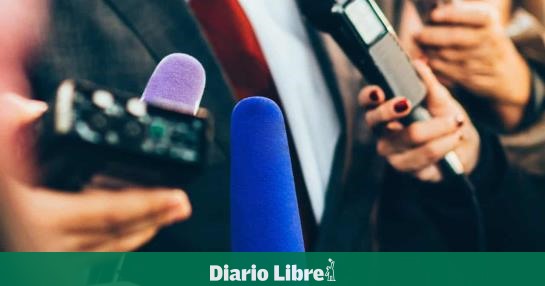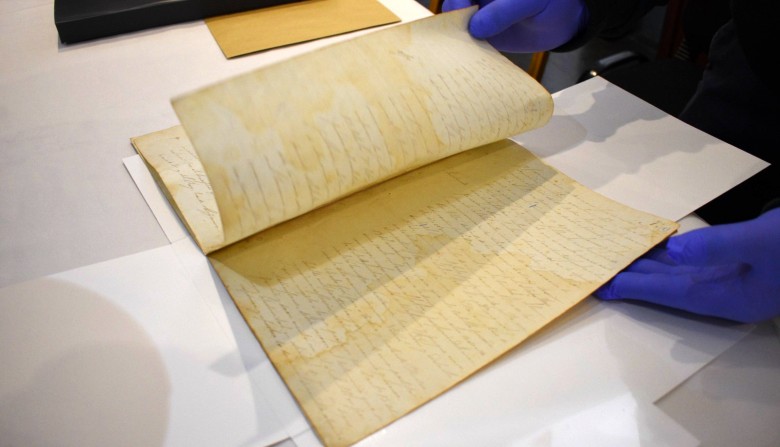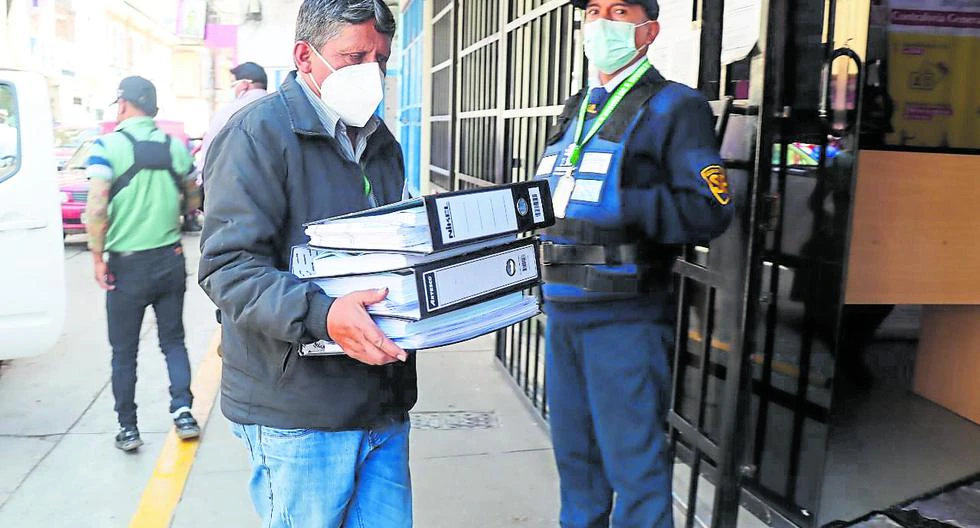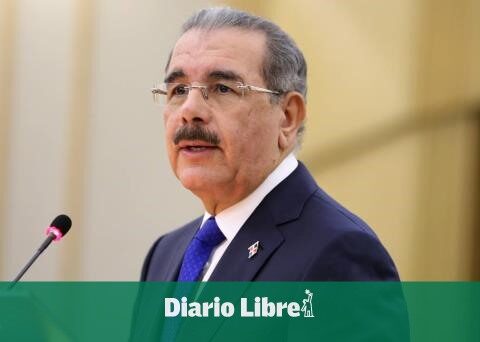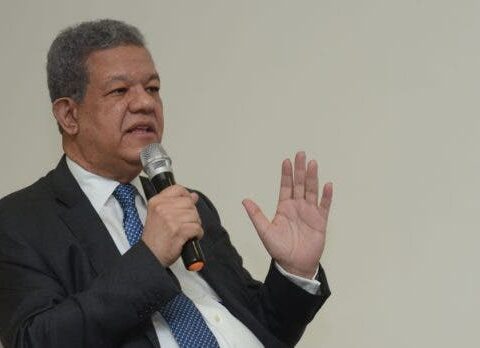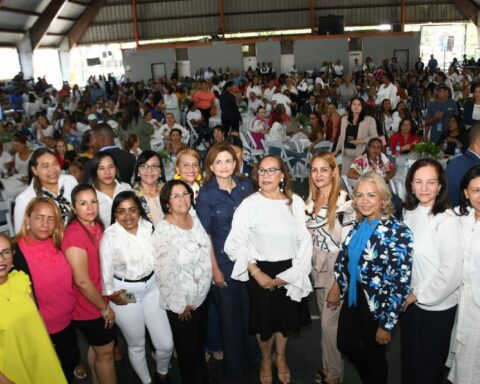Leaving open the possibility of interpretation and discretion in the application of a law could represent a threat for the freedom of expression and the exercise of journalism through the media in the Dominican Republic. This was considered separately by the jurist and communicator Namphi Rodríguez; the members of the Dominican Society of Newspapers (SDD), Persio Maldonado, director of the newspaper El Nuevo Diario and Miguel Franjul, the director of the newspaper Listín Diario, as well as the president of the Dominican Association of Journalists (CDP), Aurelio Henríquez.
They analyzed the bill organic law that regulates the exercise of the right to privacy, honor, good name and self-image, approved last week in first reading in the Senate.
Although Rodríguez described the intention of the bill’s proponent, Senator Melania Salvador, as positive, she said that despite the fact that the Constitutional Court has issued some seven or eight rulings regarding the freedom of expression, in the country there are still many gaps on the subject. “The project seems to me that it suffers from several shortcomings. There are many open criminal types that are left to the scope of interpretation and discretion and represent threats to freedom of expression and for citizens in social networks”, he analyzed.
He cited subsection 2, of article 10, which states that it will be considered illegitimate interference: “The capture, reproduction or publication via photography, film or any other procedure, of the image of a person in the media, digital media, social networks or any other another disclosure mechanism, with the interest of harming”.
He recommended that congressmen take as a reference the precedents created by the sentences issued by the Constitutional Court and hold public hearings to receive comments from public opinion actors and jurists.
Meanwhile, Persio Maldonado, president of the Dominican Society of Newspapers (SDD) and director of the newspaper Nuevo Diario, recommended approving a more comprehensive, clearer and more comprehensive and non-dispersed law, which he believes the bill approved in the Senate.
He questioned that the Senate, unilaterally approved that project, although there is a piece that was agreed upon in the last legislature by a bicameral commission that sought to be a comprehensive reform of Law No. 6132 on Expression and Dissemination of Thought, including the constitutional mandates on privacy , honor, good name and own image. He revealed that the National Congress made a financial investment to study this initiative because lawyers were hired to review some 20 bills on the subject.
They will be alert
The member of the Inter-American Press Association (IAPA) and the Dominican Newspaper Society (SDD), Miguel Franjul, warned that “we will keep observing the knowledge of the bill and in his opportunity we will fix our final position”. He advocated for a comprehensive reform of Law 6132 to be carried out, as has been agreed upon in the National Congress since the last legislature. He opposes “What seeks to deviate from the spirit of that consensus would be, without a doubt, to open shortcuts to subtle impediments and restrictions that would affect the freedom of the press in the Dominican Republic”.
In this regard, Aurelio Henríquez, president of the CDP, assured that everything that could affect the free expression of thought will be rejected by that guild. He said that he is aware that for some time the congressmen have been studying a bill linked to the subject and that it will request information from the National Congress about the new piece to consult it with the legal advisers of the CDP.
Illegitimate interference, lawsuits and sanctions
The bill that would regulate the exercise for civil protection of the rights to privacy, honor, good name and one’s own image declares these fundamental rights and the prior informed consent of the use of the image. The initiative indicates the types of illegitimate interference, their exemptions, the lawsuits that could be filed and sanctions.
Article 10 considers as illegitimate interference the disclosure of facts related to the private life of a person, which affect their reputation, honor, good name or privacy, as well as the disclosure or publication in unauthorized media of the content of personal writings of intimate character. Also, the imputation of facts or the manifestation of value judgments through actions or expressions that injure the dignity of the person, “undermine their fame, defame or injure their image, honor and good name, published or disclosed in any media both print and digital.
Regarding Law 6132 on Expression and Dissemination of Thought, the Constitutional Court has issued several rulings; among these, No. 0075-16, which decriminalizes press crimes and eliminates criminal liability in a cascade. He has ruled on crimes against the honor and value of freedom of expression for political debate on social networks.
““The project seems to me that it suffers from several shortcomings” “lawyer and communicator
““Situations that give room for interpretation can go to the Constitutional Court””president of the SDD and director of the newspaper El Nuevo Diario
““There are no reasons to add more restrictions to those already established” “Member of the SDD and director of the newspaper Listín Diario.
““It is recommended that they hold public hearings and invite the CDP” “President of the Dominican College of Journalists (CDP)

